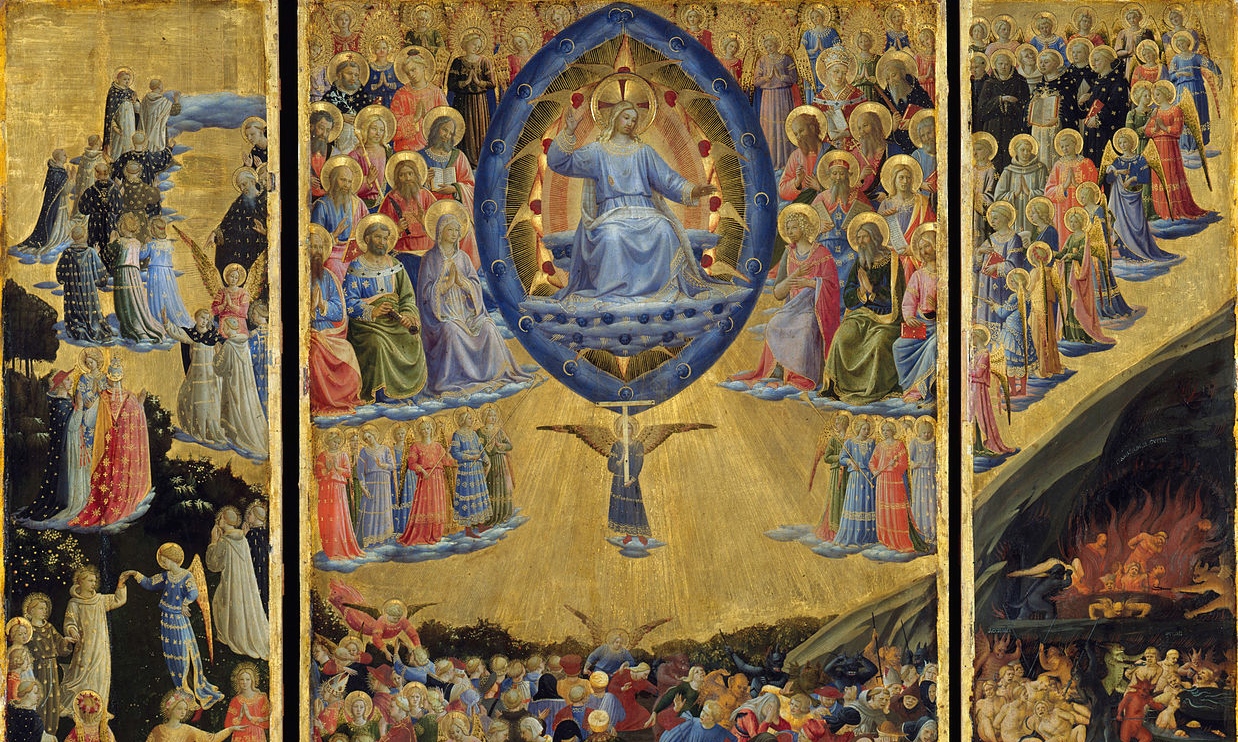“That car just cut me off! He’s turning into the St. John’s parking lot? Figures…”
When we meet rude Christians and polite atheists, are Christianity’s high claims debunked? Is the driver of that car guilty of Jesus’ harshest charge: hypocrisy?
There is a strong case for “yes.” Our motorist was baptized. He sings “They’ll Know We are Christians” at Mass on Sundays. In CCD class, he tells fourth graders to share and be kind. But now he has sped in front of me to get a parking spot for 11:00 Mass.
Guilty.
We reserve special opprobrium for people who don’t live up to their own professed standards. We Americans detest the inauthentic.
Should the driver be judged as falling short of the high bar of imitating Jesus Christ? To complicate the situation, let’s say a car with a Humanist Society sticker lets you turn in to a long line of traffic. Is this atheist better than that Christian? Does the creed not make a bit of difference?
Let’s consider our motorists, theistic and atheistic. We’ll assume devotion on the part of both. The former believes in the Trinity, the Incarnation, goes to Mass and Confession, receives Communion, and knows the Commandments and the Beatitudes. The latter believes only in the material world. He thinks justice, truth, and love are great notions, but have no basis in reality. There is not a God to whom he must render an account of his actions, good or evil. So what accounts for the disparity? Why isn’t every Christian a finer moral exemplar than every atheist, considering the Christian’s advantages, not the least of which is the Blessed Trinity dwelling in his soul?
The common cynical verdict says the creeds of the participants don’t matter. Every group has good and bad apples and one barrel doesn’t contain a consistently higher quantity or quality than another. But before we hand down that verdict, let’s consult an episode from the life of the English Catholic novelist Evelyn Waugh. He was a notoriously acerbic and critical man.
After suffering a cutting remark at a cocktail party from Waugh, a member of his social circle asked him why he said things like that, if he indeed was a Catholic. Waugh famously replied: “Imagine how bad I would be if I weren’t a Catholic.”
It’s not shocking that Christians sometimes behave badly. What’s shocking is that they ever behave well. We’re owners of fallen human nature, same as non-Christians. That Fall set us on a downward slope and it is now difficult to do the good. We may want to do it, and it could still be desirable of course, but it’s certainly more difficult. We’re weak in carrying it through, and environmental factors affect us.
Maybe our two drivers above come from quite different natural backgrounds. The Christian may have been raised by abusive parents. Maybe he’s a recovering alcoholic. Perhaps he was born with a choleric temperament. The atheist may have been born into a very caring household. His parents could have been fabulously wealthy. And he may have a sanguine temperament not at all inclined toward automotive aggression. In order to see what difference Christianity makes in an individual, you would have to control for all other environmental factors—a hard experiment to pull off, even for competent social scientists.
That Christian driver has a divine source of action within him. But that source doesn’t erase defects in upbringing or acquired human weaknesses. If it did so entirely, he would likely contract spiritual pride, a sin far worse than poor vehicular manners. And you wouldn’t have had a chance to exercise the virtue of patience.
✠
Image: Fra Angelico, The Last Judgment







